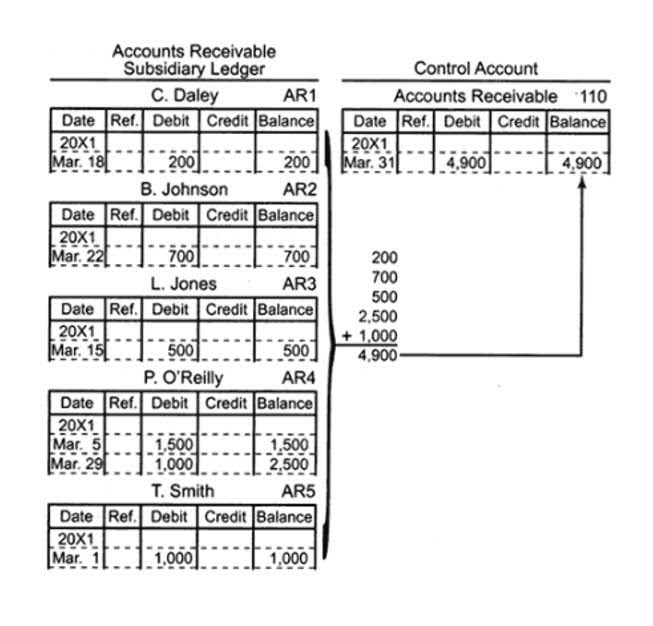
Therefore, a pledge should be recorded as an account receivable upon notice of the donor’s commitment but converted to actual donations only upon receipt of the funds. Many nonprofits need help with preventing a few common mistakes in their bookkeeping. Avoiding these pitfalls lays out a smoother journey accounting services for nonprofit organizations toward financial transparency. While these aspects are key, they revolve around the central theme, that is, the effective management of the organization’s finances. Your business is unique, and every job is different—create custom categories for gas, equipment, rentals, uniforms, or whatever keeps your business running.
- This method records revenues and expenses when they are earned or incurred, even if the cash is not received or paid until a later date.
- One of the most nuanced challenges in nonprofit accounting is the art of cost allocation.
- This information will be used later to produce financial statements (and report your financial information to the IRS), so you should thoroughly and accurately detail each transaction your nonprofit makes.
- Similarly, during dissolution, any remaining assets should go to another nonprofit and not be remunerated as distributions.
Develop fund accounts

There are penalties net sales for filing each of these forms late, and failing to file them for several consecutive years risks your organization’s exempt status. Work with your accountant to plan ahead and ensure you can complete all of them accurately and on time. Since reporting is critical for ensuring accountability, let’s dive into the practical aspects of nonprofit accounting by reviewing the most important documents your accountant will create.
Nonprofit Accounting vs. For-Profit Accounting
- Common mistakes include using restricted funds for the wrong purpose or forgetting to “release” funds from restriction when you’ve met the requirements.
- Now that you have your bookkeeping system ready, you need to ensure all information coming in and out of your company matches up.
- Nonprofit organizations are entities organized and operated exclusively for educational, social, professional, charitable, health, or other nonprofit purposes.
- When beginning nonprofit accounting, the first decision is whether to use the cash, accrual, or fund accrual accounting method for recording income and expenses.
It’s easy to learn and use so your volunteers and staff can focus on your mission, not bookkeeping. By following these best practices, nonprofit organizations can maintain accurate financial records, ensure transparency, and build trust with their stakeholders. Effective bookkeeping is not just about compliance; it’s about empowering the organization to achieve its mission and make a positive impact. IRS regulations have a significant impact on non-profit financial reporting.
Over 600 free learning resources to help you and your nonprofit do more good

Using the right software and seeking professional help when needed also helps. Automation can streamline bookkeeping processes, reduce manual data entry, minimize errors, and save time. Tasks like bank reconciliation, invoice processing, expense tracking, and financial reporting can be automated to improve efficiency and accuracy. Schedule a live demo of FastFund Accounting today and see firsthand how it can help you manage your finances more efficiently and effectively. Don’t miss the opportunity to enhance your financial management and focus more on your mission. Maintaining accurate and up-to-date records is the cornerstone of effective non profit bookkeeping.
- Understanding these differences helps organizations ensure they have the right expertise for their financial management needs.
- We also offer bookkeeping services and fractional CFO guidance through the Jitasa Strategic Advisory Team (J-SAT) to develop a well-rounded financial management system for your organization.
- These records provide a clear audit trail and help generate accurate financial statements.
- What restrictions are in place that limit 501(c)3 organizations from participating in political campaigns and engaging in lobbying activities?
Nonprofit Financial Board Reports Made Simple

Nonprofits have tight rules around what they can and can’t spend money on. They need an organized system that makes sure purchases are ordered, budgeted for, and fulfilled properly from the get go. Our team is ready to learn about your business and guide you to the right solution. Fortunately, nonprofit professionals don’t have to worry about your financial information if you choose FreshBooks.

The Ultimate Guide to Nonprofit Bookkeeping: Best Practices & Accounting Tips

Create systems that ensure continuity in your nonprofit accounting practices. Organizations must carefully evaluate accounting software options against their specific needs, considering current requirements and future growth. For instance, cloud-based accounting solutions offer particular advantages for nonprofits, allowing remote access and automatic backups. They try to keep program expenses high while managing necessary overhead costs. Through professional development programs, bookkeeping for cleaning business conferences, and workshops, nonprofit accounting professionals should stay updated with the latest accounting regulations, standards, and best practices.
